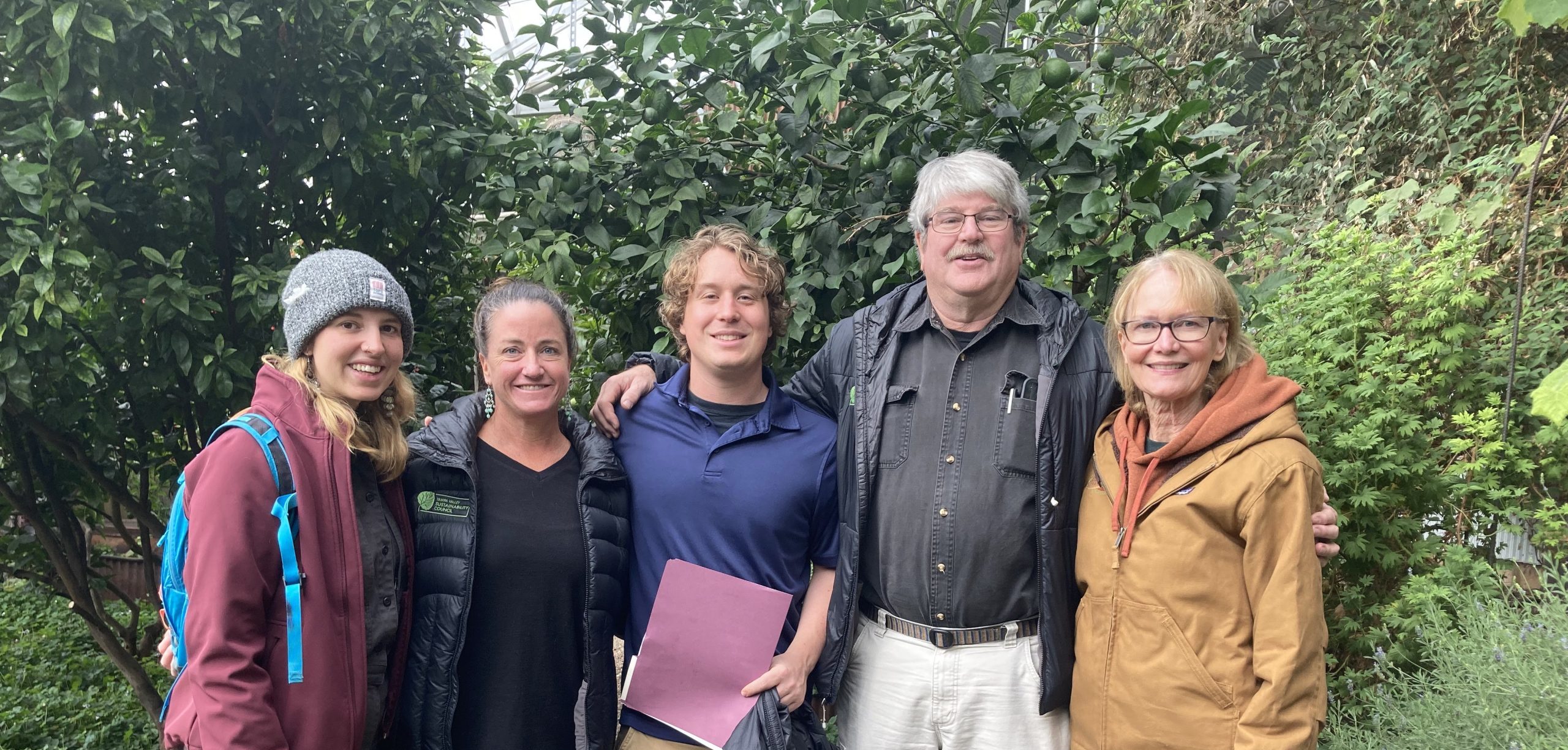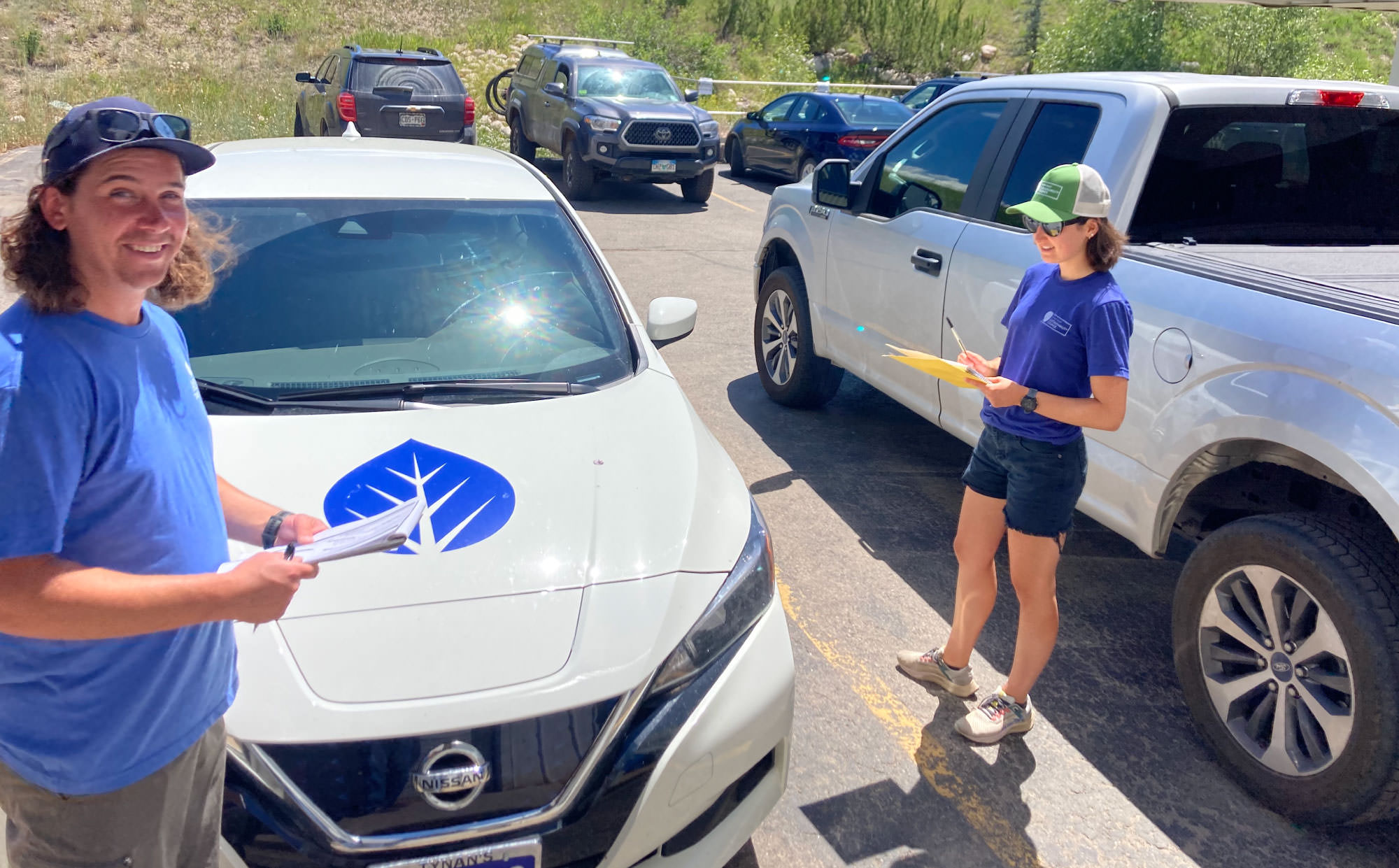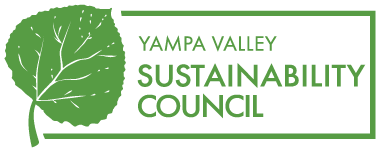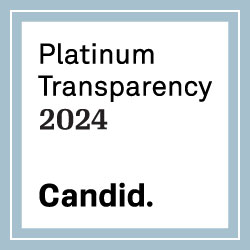JULY 26, 2017 BY
Recycling organic waste is a win-win for reducing climate pollution and one of the easiest actions a community can take to reduce its climate impacts.
When organic materials, such as food scraps and yard waste, break down in a landfill, they produce methane, a greenhouse gas that traps 84 times more heat in our atmosphere than carbon dioxide in the short term. Also, dirt is everywhere, but healthy soil isn’t. Applying compost to soils creates a carbon sink, pulling and storing carbon from the atmosphere.
Since 2008, Yampa Valley Sustainability Council has been promoting waste diversion through recycling outreach and education, Water Monster water refill stations, the community recycling drop-off, sustainable events and more.
But, in our rural community, recycling of organic waste, traditional recyclables and hard-to-recycle items, such as electronics, can be challenging due to our distance from urban centers and the cost of hauling. With Twin Enviro suspending its commercial and residential composting, our community must find new diversion options for organics.
YVSC staff recently attended the statewide recycling conference and heard repeatedly about similar challenges other communities are having with recycling organic waste, such as food scraps and yard waste. Even on the Front Range, access to commercial composting is cost-prohibitive for some cities. What we learned is that the solution for the Yampa Valley may not be one size fits all.
- In Fort Collins, in-vessel composters located on a downtown lot are used to compost food waste from restaurants. Windrow composting is used to breakdown yard waste and other organic material on a larger scale. The compost from both is put back into city landscaping and maintenance projects.
- At the SCRAP facility in Summit County, nonprofit, business and government partners have come together to offer community organics recycling at the county-owned landfill.
- In San Miguel County, a pilot program helps farmers and ranchers improve their soil and increase water holding capacity through land application of compost. The project is not complete, but carbon sequestration has increased in areas with compost application.
Reduction and recycling of organic and other waste is truly a community effort, and YVSC has many waste diversion events and projects throughout the year. Two events are coming up in August. On Aug. 19 at the Farmers’ Market, YVSC will host a Waste Reduction Round-Up. Stop by for 10-minute presentations to learn more about topics such as deciphering “best by” dates, demystifying recycling, cooking to reduce food waste and more. A full schedule of demonstrations is available online at. yvsc.org/waste-reduction-round-up.
On Aug. 24, YVSC’s Garden Tour will be at Elkstone Farm. Elkstone practices permaculture farming, which increases carbon sequestration and soil nutrient density. Purchase tickets online at www.yvsc.org.
The time is now for Routt County to look at all options for organics recycling. YVSC is organizing an Organics Recycling Task force. If you are interested in working toward local solutions for organic waste, contact cameron@yvsc.org.
Cameron Hawkins is waste diversion director for Yampa Valley Sustainability Council.






